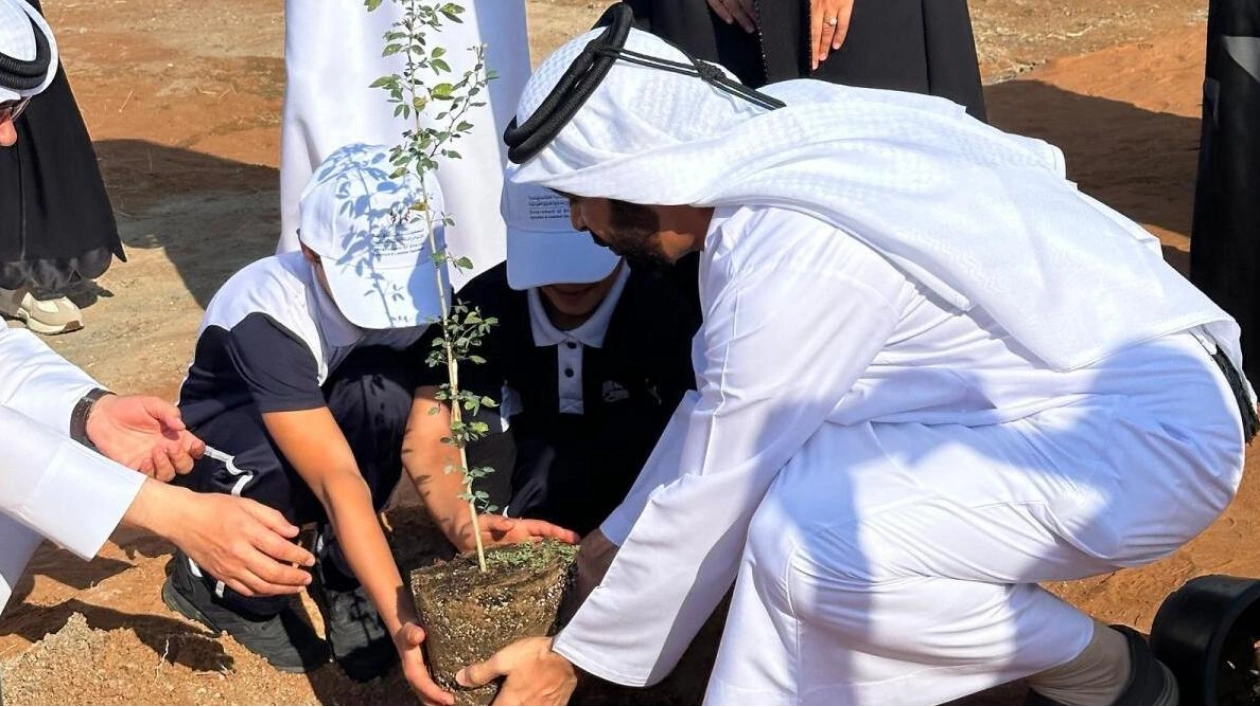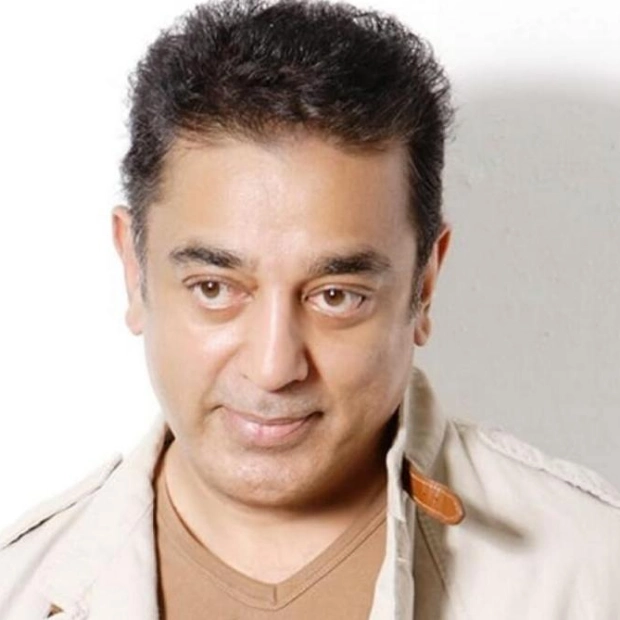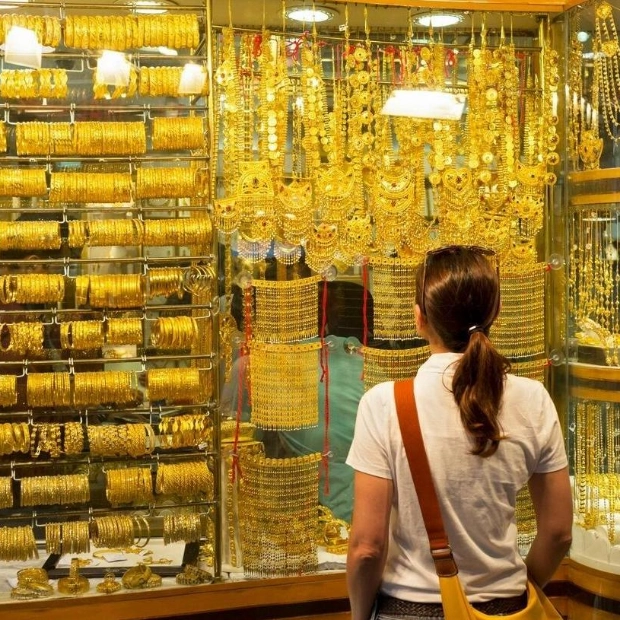The UAE is on the verge of developing its own unique variety of wheat, thanks to the establishment of the first biotechnology laboratory dedicated to wheat hybridisation. This cutting-edge lab, located on a farm in Sharjah, is equipped with state-of-the-art technology designed to measure plant growth and analyse genetic data. The facility also boasts an experimental farm that showcases 550 distinct strains of non-GMO soft wheat. Researchers are diligently working to identify the most suitable wheat varieties that can thrive in the UAE's climate. One of their most ambitious projects involves creating a new hybrid wheat known as 'Sharjah 1,' which boasts a protein content of 19%, the highest in the world, along with a rapid growth rate.
Hybridisation is a scientific process where two different plant varieties or species are crossed to produce a new, improved variety. In the context of wheat hybridisation, scientists may cross two types of wheat to develop a hybrid that not only grows better in a specific climate but also has a higher protein content. The farm's lab also employs advanced irrigation tools that reduce water usage by 30%, contributing to the conservation of this critical resource. By adopting scientific irrigation practices and utilising a remote control application for pumps, the initiative not only saves time and effort but also enhances monitoring capabilities and fault detection. Ground sensors, installed at a depth of 60cm, provide daily data on irrigation efficiency, while satellite technology offers comprehensive reports on farm operations, plant health, and weather forecasts. Harvesting operations leverage the latest machinery, including three specialised machines that efficiently separate grain from straw, gather the straw, and compact it into bales.
During a recent visit, Dr. Amna Al Dahak, Minister of Climate Change and Environment, praised the farm's accomplishments and was given a tour of the farm's laboratories and offices, which aligns with the goals of the 'Plant the Emirates' initiative. The 'Saba Sanabel' project, launched last year and named after the Arabic term for seven spikes, aims to expand the cultivated area to 1,900 hectares, plant 285 tons of wheat seeds, and produce 15,200 tons of high-quality organic wheat to meet 100% of the emirate's retail needs. This expansion is not merely about increasing cultivated land but also about supporting national agricultural entrepreneurship. The initiative is dedicated to empowering local farmers to boost their production capabilities, fostering a vibrant agricultural community. Last season, 320 farmers collectively planted 15 tons of wheat seeds, with plans to expand participation this season to achieve greater local self-sufficiency in wheat production. The project has been honoured with the Future Readiness mark, a recognition awarded to federal and local institutions that design and execute exceptional projects. The 'Saba Sanabel' flour is now available in all Sharjah Cooperative Society branches and has recently been introduced in Dubai Union Coop supermarkets alongside Mleiha milk.
Source link: https://www.khaleejtimes.com






